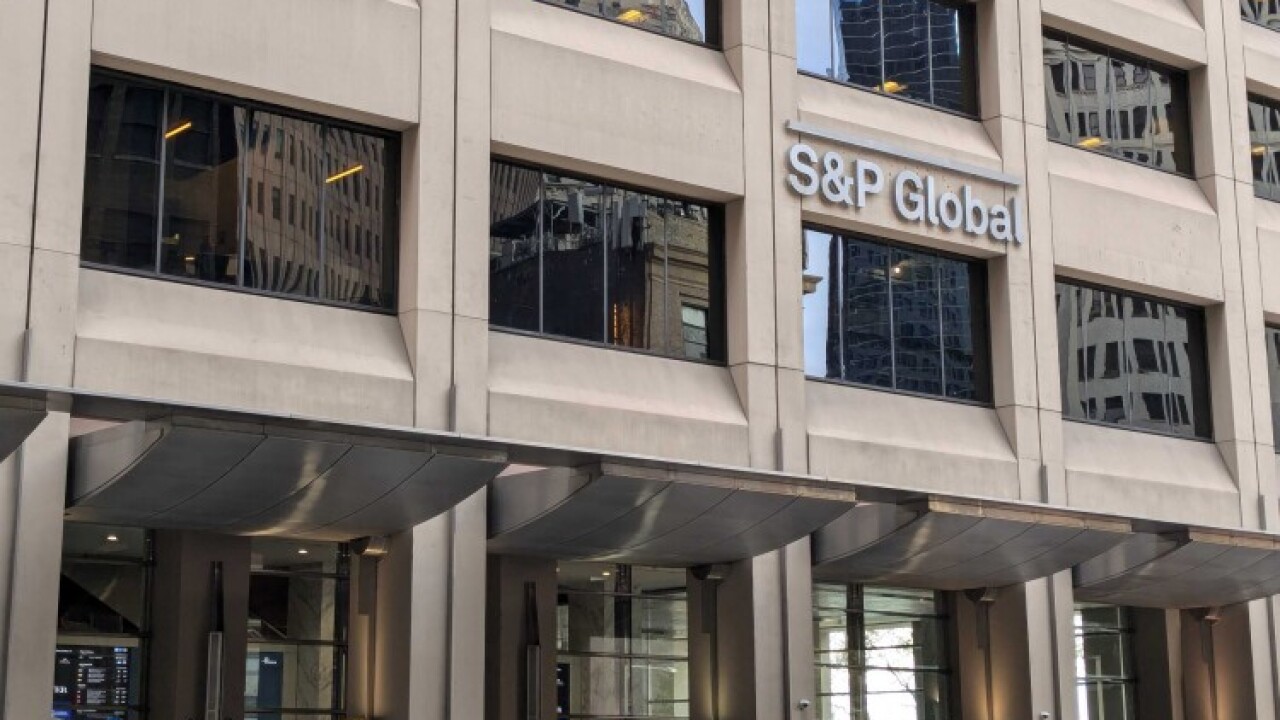The U.S. Supreme Court has denied Attorney Calvin Grigsby’s request for a writ of certiorari in Jefferson County, Alabama’s bankruptcy case.
Grigby filed for a writ asking for a review of the Aug. 16, 2018 ruling by the United States Court of Appeals for the Eleventh Circuit, which upheld the county’s argument that the concept of “equitable mootness” applied to its plan of adjustment.

The ruling meant that the county’s plan, which culminated with the issuance of $1.8 billion of 40-year sewer warrants to write down $3.2 billion of old sewer debt in 2013, couldn’t be unwound.
The appellate court decision overturned a lower court order in an appeal Grigsby filed of Jefferson County’s Chapter 9 filing.
The Supreme Court summarily denied the request for a writ on Monday.
“This is not a surprising result and is the end of the line for this appeal,” said bankruptcy attorney John Whitlock, who is of counsel with Locke Lord LLP. The firm is not involved in the case.
Whitlock had said the odds of getting a writ were against Grigsby and the ratepayers, because certiorari is granted for only a very small number of petitions and but also because overturning a plan of adjustment so many years after it was consummated “would clearly affect many settled financial interests.”
The appellate court issued an opinion agreeing with the county’s contention that the doctrine of equitable mootness barred the ratepayers’ appeal from the bankruptcy court because it would “seriously undermine actions taken in reliance on the confirmation order.”
U.S. Bankruptcy Judge Thomas Bennett confirmed the plan on Nov. 22, 2013.
While the appeal might be over, Grigsby said he will turn his attention to adversary proceedings that were filed during the original bankruptcy case.
“Now we will have to notice hearings on appeals of the adversary proceedings,” he said.
In one case, Grigsby is representing a group of elected and local officials who claimed that they were overcharged more than $1.6 billion on sewer warrants and related swaps because of corruption and violations of the state constitution. The plaintiffs are ratepayers on the county’s sewer system.
Jefferson County filed for bankruptcy in November 2011 stating that it had $4.2 billion of debt. Of that, $3.1 billion was issued to finance work on the county’s sewer system.
Grigsby, in one court filing, said the “plaintiffs have suffered an immediate injury to their property values and future available disposable income to satisfy payments exacted by the county to pay the indenture trustee for the unlawfully implemented swap warrant financings.”
The adversary case is a complaint that seeks relief from the payment of the alleged overcharges.





